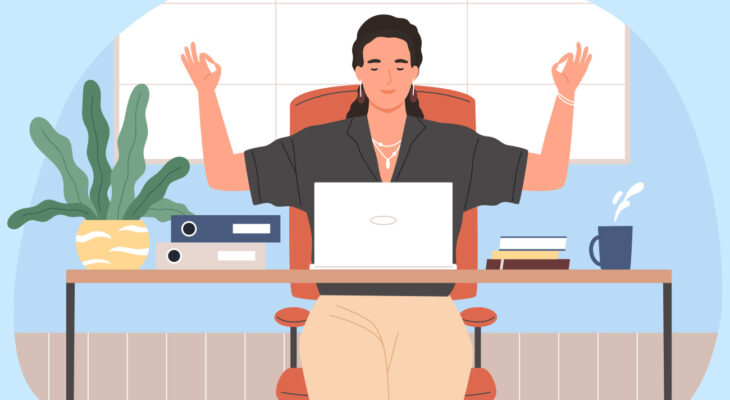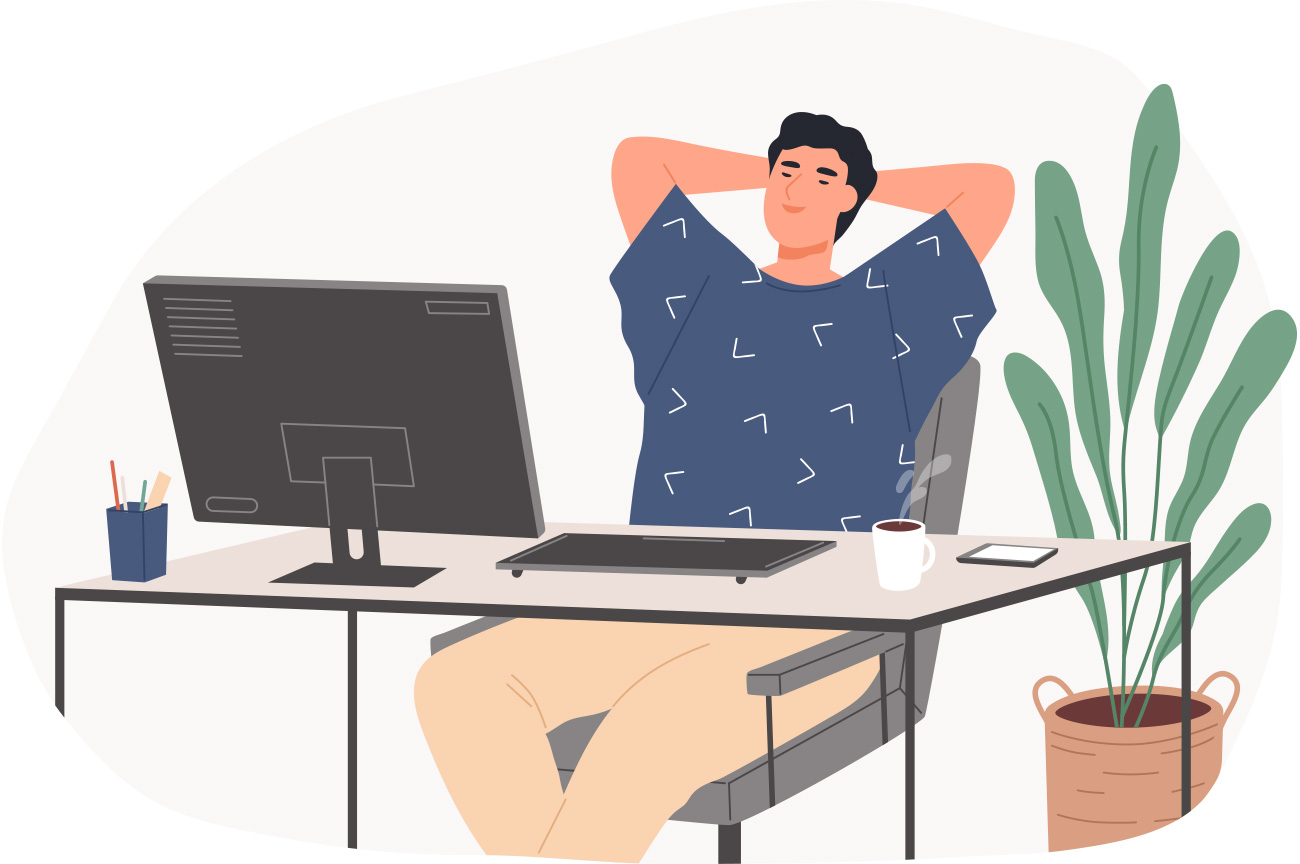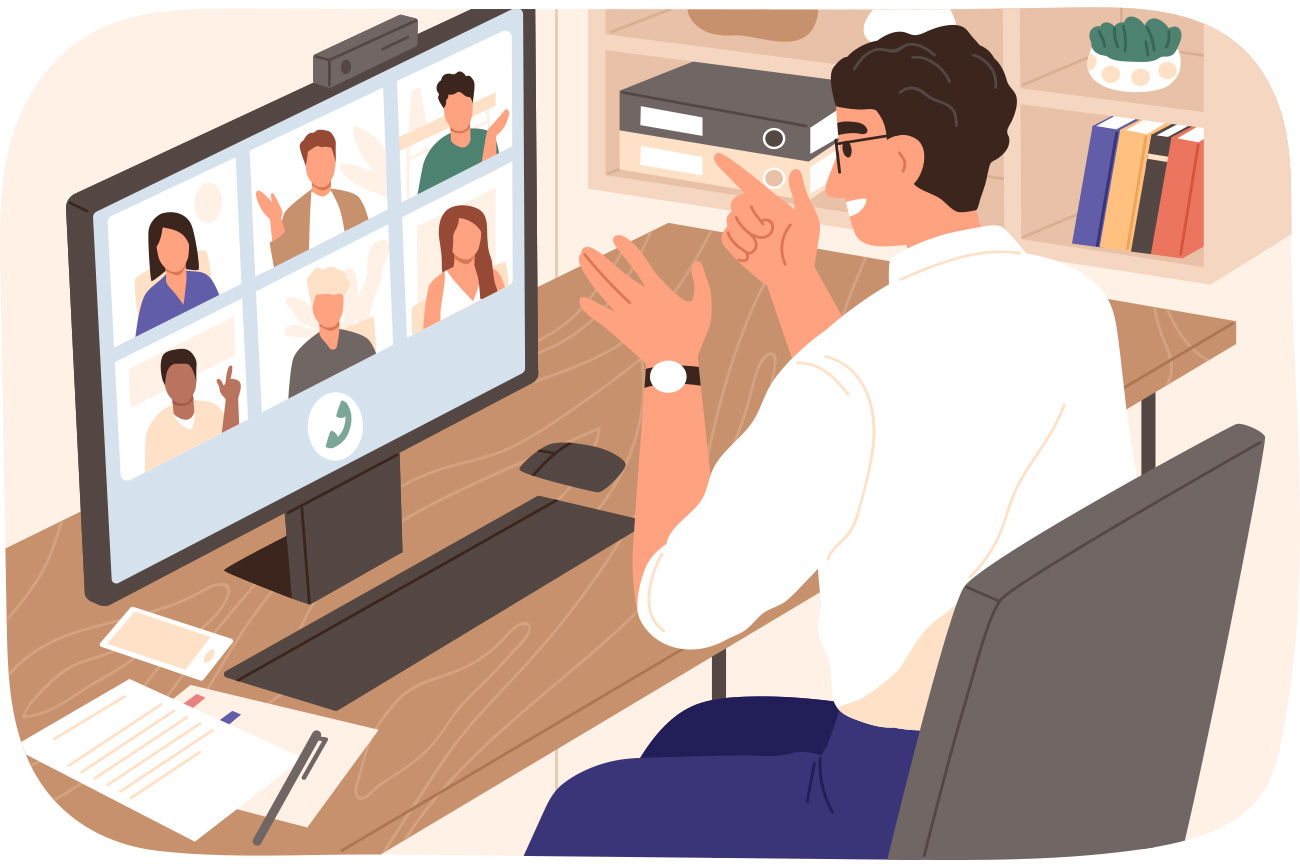
How to Prevent Work From Home Burn Out
Here are some tips for maintaining a healthy and productive work-life balance if you are working from home.
As we become increasingly accustomed to work from home arrangements, some employees are finding it hard to separate their work and family life, resulting in higher stress levels. Many are left feeling burned out as the boundaries between work and personal time blur.
While the government has recently eased restrictions on the number of employees allowed to return to the workplace, working from home remains the default arrangement as companies still need to ensure that half of their workforce continues to work from home.
Studies have shown that working from home has taken a toll on the mental health of employees. According to a recent Workplace Resilience survey conducted by the National University Health System’s Mind Science Centre with 1,400 respondents, 61 per cent who worked from home reported feeling stressed, compared to 53 per cent who worked on the frontline.
The issue of appropriate work-life balance was brought to light when the Member of Parliament (MP) Melvin Yong recently called on the Government to consider incorporating aspects of the “right to disconnect” legislation that would give workers in Singapore the legal right to ignore work calls and emails after business hours.
Here are some tips suggested by BiZQ to help you achieve a healthy work-life balance as telecommuting becomes not just an option, but a potential game-changer in the post-COVID-19 world.
Stick to a routine
One of the main issues that telecommuters face is mental fatigue or exhaustion arising from overworking. Some employees fail to keep to a regular routine, which can result in insufficient rest and the inability to plan and stagger their working hours accordingly. According to medical experts, not having a fixed routine can lead to increased stress, poor sleep cycle and poor physical health.
To combat this, it is important to set and stick to fixed time blocks for work on a regular basis. It is also a good practice to make a conscientious effort to end every workday at the same time, which means that there should be no checking of work-related emails or replying of messages after this time, except under special and urgent circumstances. While some disruptions to your routine cannot be avoided – such as unexpected deadlines – following a routine every day will give you precious time to recharge and boost your productivity in the long run.

Take enough breaks during the day
With client and team meetings now happening over video conferencing, it is easy to get lost in an endless stream of back-to-back engagements that do not require you to leave your desk. There is also the real chance of these meetings running way over the pre-agreed duration and directly throwing your whole day’s schedule off.
Try to schedule shorter meetings and incorporate 15 minutes’ worth of buffer time between each meeting to accommodate delays or to give yourself some breathing space. Use the downtime to get away from your desk to relax or take a short walk outside. If time and schedule permit, you can even head to the neighbourhood gym for a quick workout or meet your friends for lunch. Building enough break times into your routine will help keep you fresh and prevent ‘zoom exhaustion’.
Create a space just for work
Designate a space in your home just for work to ensure a clear demarcation between work and personal life; whether it is a study room, guest room or a corner of the living room. All other areas in the house are off-limits for work-related activities. Setting these boundaries will put you in the right state of mind to focus on work when you are in your “designated office”.
Likewise, spending time in non-work areas of the house will signal that you are off the clock and help you to maintain a more balanced lifestyle.
Make sure your chosen workspace has all the tools you need to do your job and remember to surround yourself with things that will motivate you, such as family photos or posters. Just as you would in your real office, you want your home workspace to be a place where you can get your best work done.

Get rid of distractions
Another issue that remote workers face is dealing with distractions at home. This is especially true for parents of young children. With no bosses around, it is very tempting to run errands or attend to household chores. And of course, there is always the lure of social media and streaming channels.
Do your best to stay clear of online distractions and make sure you keep all non-work-related websites and apps closed – and do your household chores only after you are done with work.
You can also set a timer during your scheduled breaks to ensure that you do not stay away from work longer than planned. The end goal is to stay focused on work throughout the day so that you can end each day on time to truly enjoy the comforts of home.



















